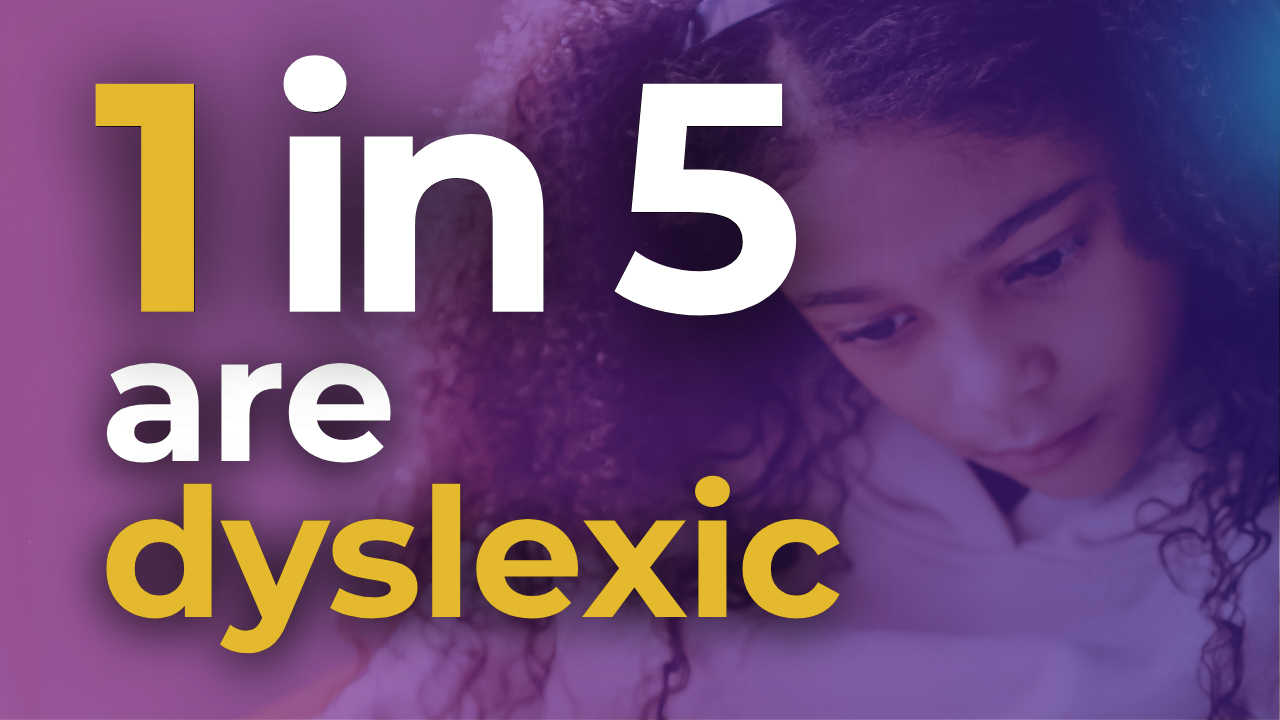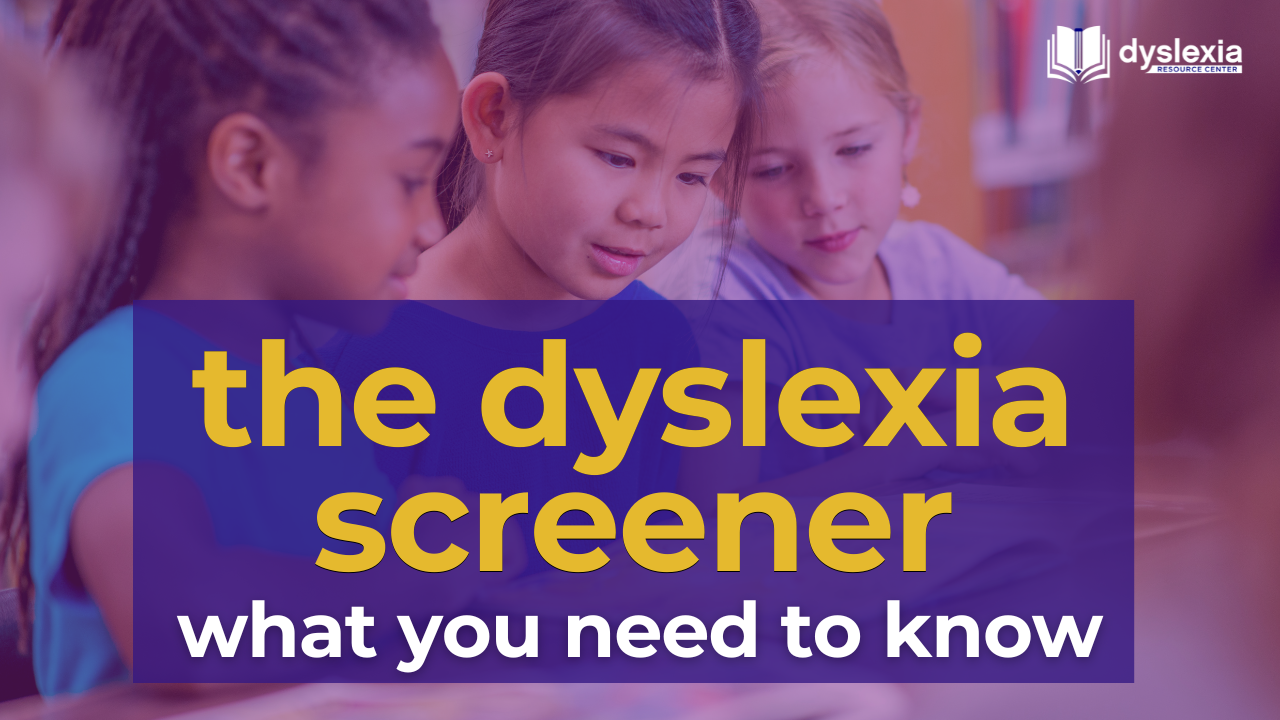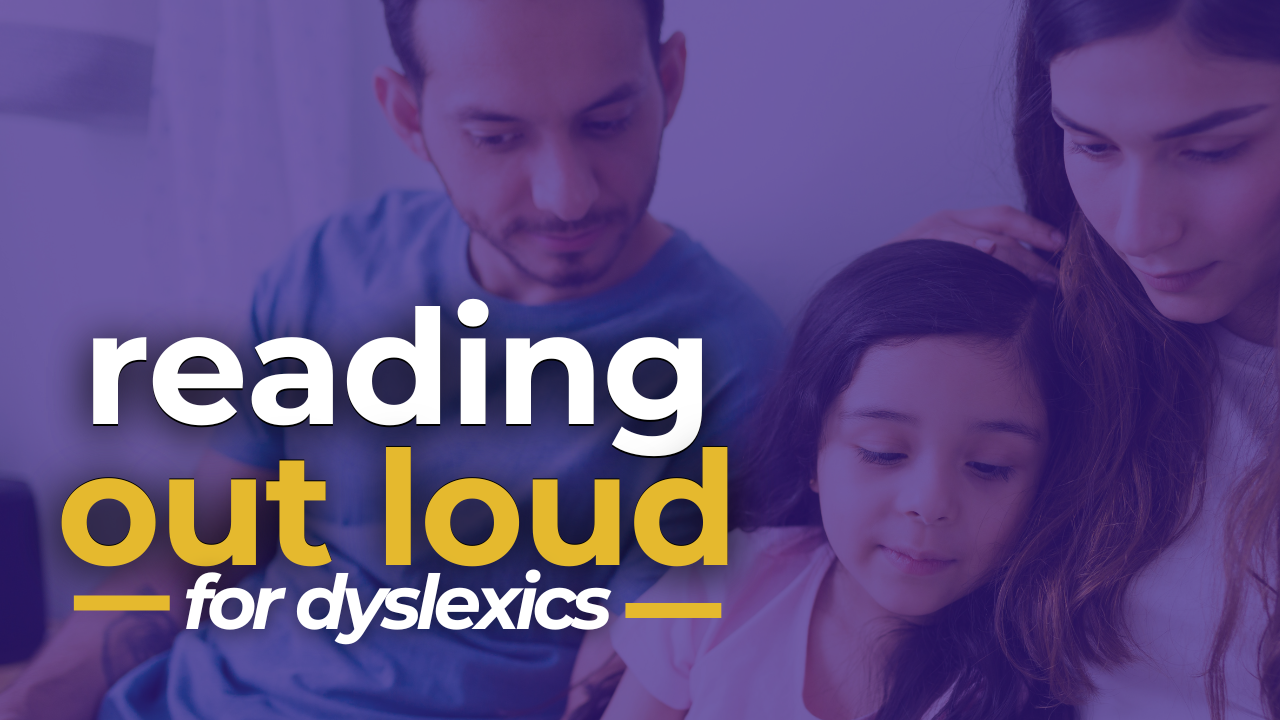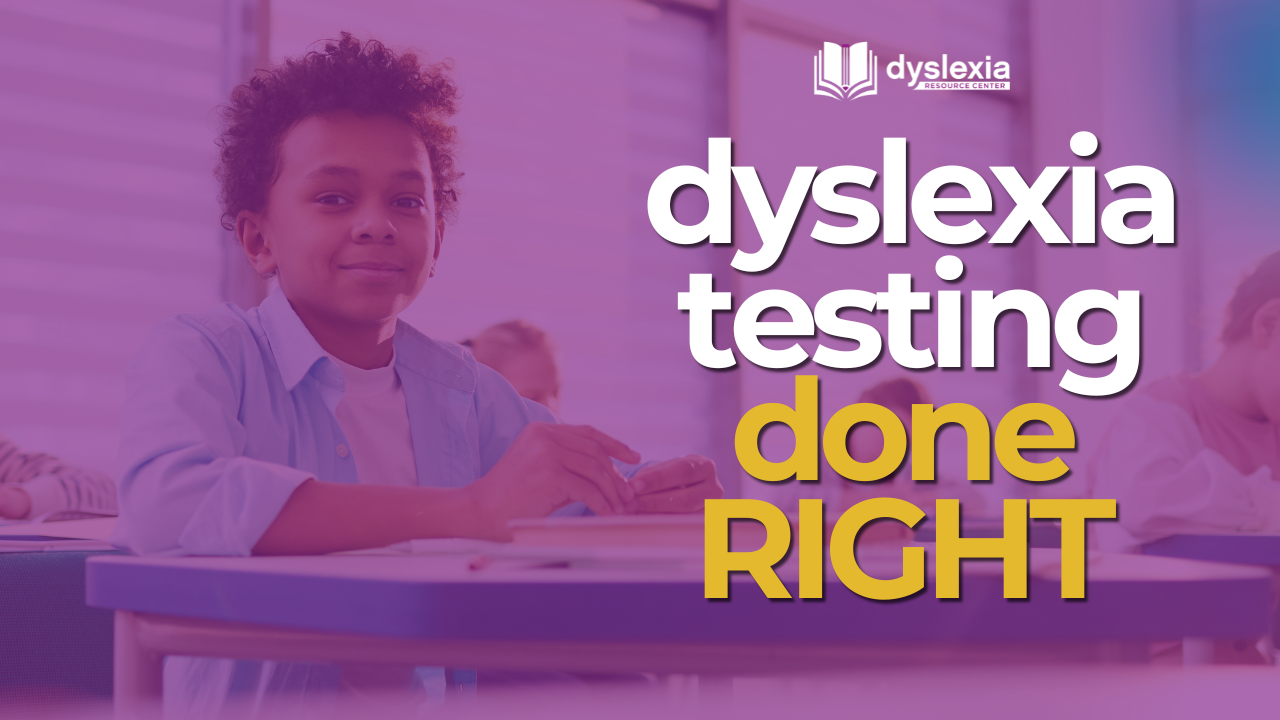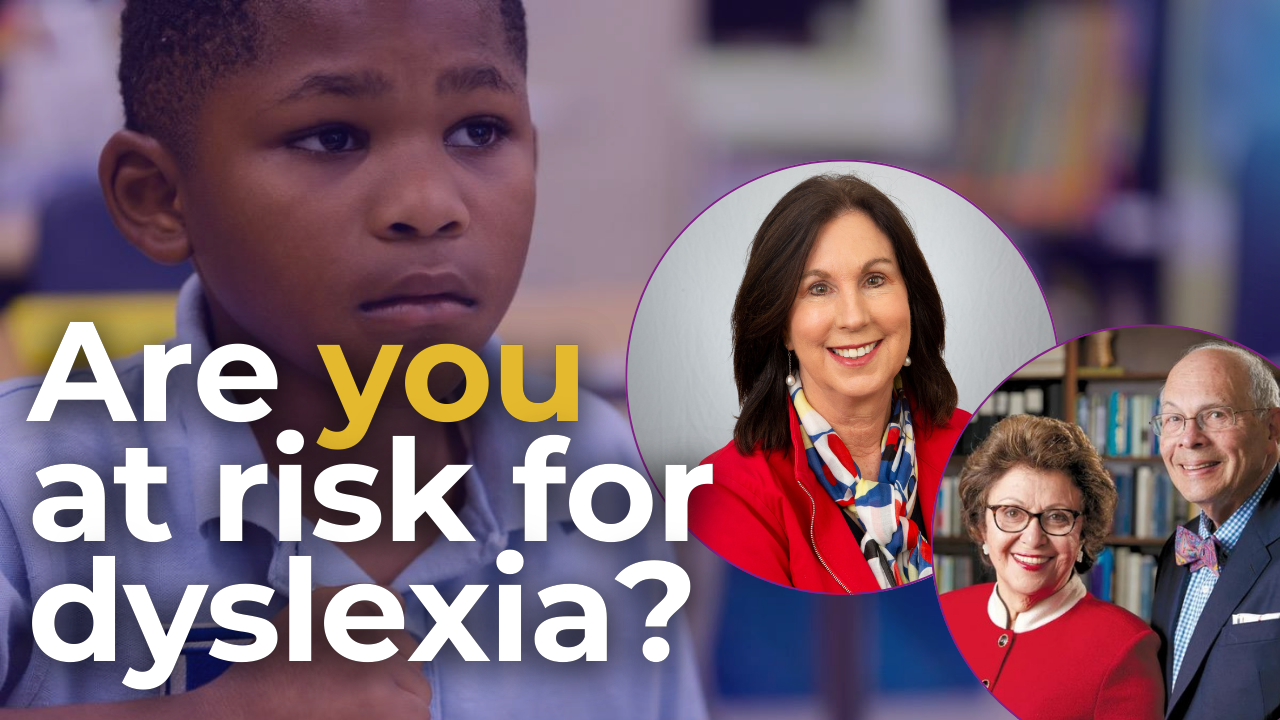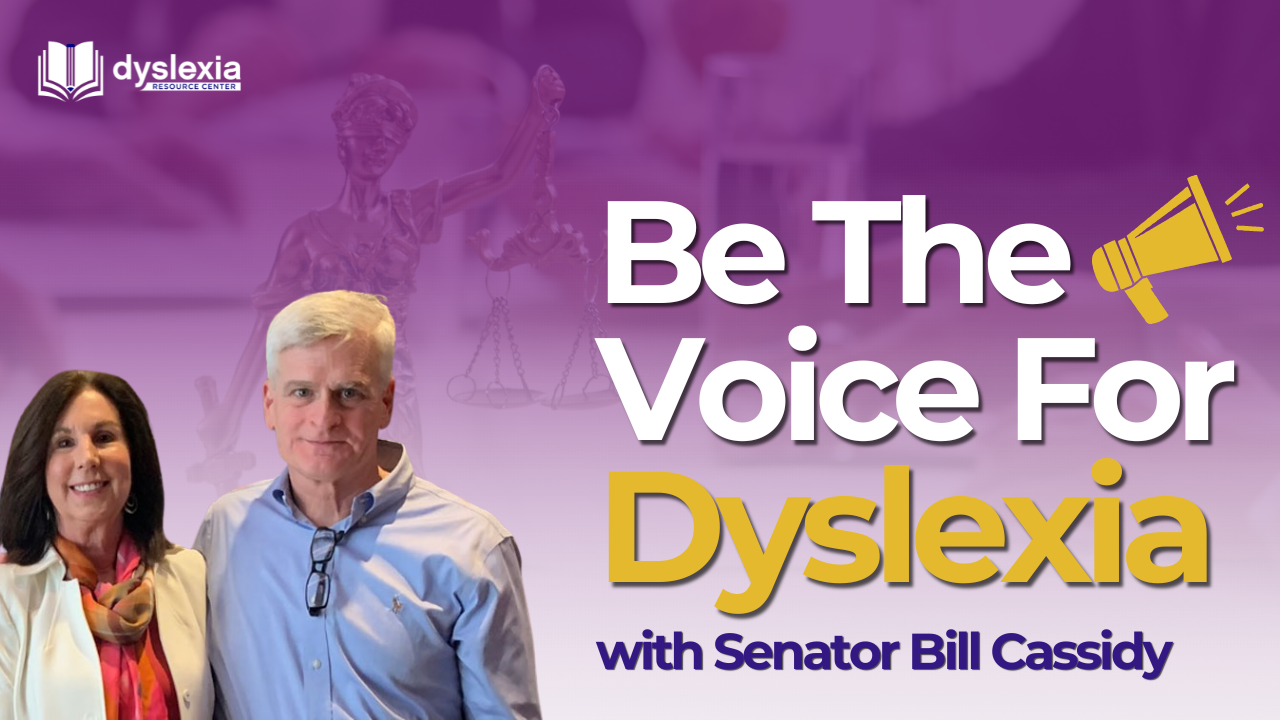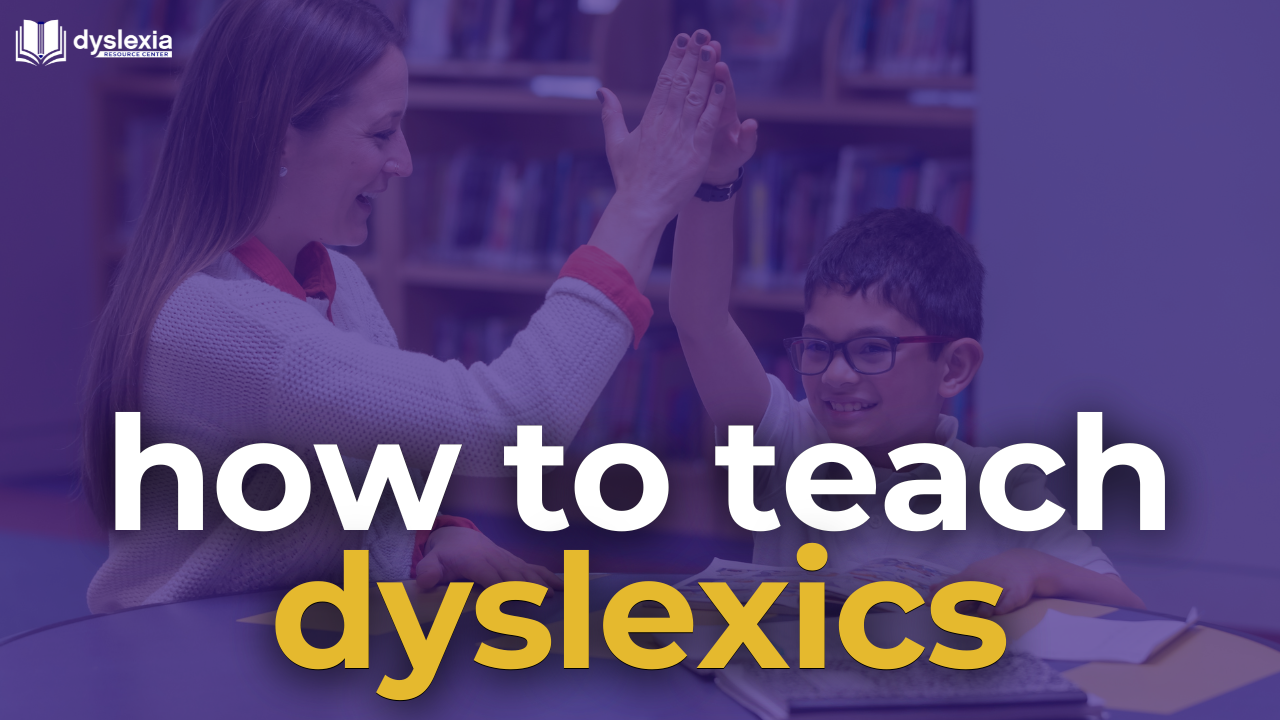Building A Culture That Supports Dyslexic Students
Empowering Dyslexic Students: Unleashing Their Full Potential
In the realm of education, supporting dyslexic students to reach their full potential is both a noble pursuit and a rewarding endeavor. Dyslexia is often characterized by difficulties such as inaccurate decoding, slow reading, and spelling errors. While understanding these weaknesses is important in remediation and accommodations, embracing the unique strengths of dyslexic individuals can create a learning environment that fosters growth, resilience, and academic success.
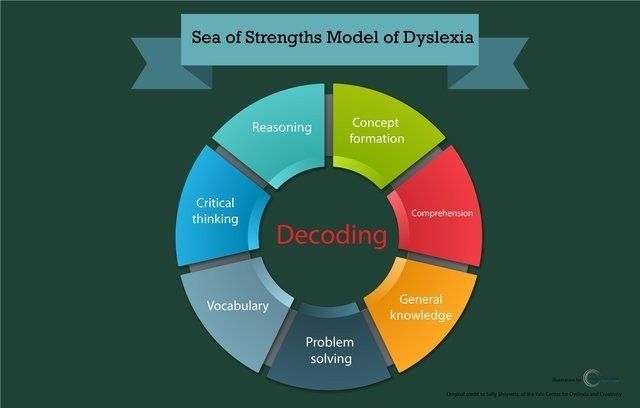
Sea of Strengths Model of Dyslexia
Drs. Bennett and Sally Shaywitz of the Yale Center for Dyslexia and Creativity developed the Sea of Strengths model of dyslexia.
Individuals with dyslexia often exhibit strengths in the following areas:
- Critical Thinking
- Problem Solving
- Reasoning
- Concept Formation
One school that embraces the sea of strengths model of dyslexia is Louisiana Key Academy (LKA), a free public charter school for dyslexic students. Drs. Bennett and Sally Shaywitz acknowledge LKA as a best practice model dyslexic individuals. The school builds a culture that celebrates its students with dyslexia by not only providing evidence based remediation and accommodations, but also fortifying the students’ strengths, resulting in dyslexic students reaching their fullest potential.
Louisiana Key Academy: A Beacon of Empowerment

Louisiana Key Academy (LKA), a pioneering public charter school dedicated to dyslexic students, exemplifies the principles of the Sea of Strengths model in action. Recognized by leading experts in dyslexia research, including Drs. Bennett and Sally Shaywitz, LKA prioritizes the cultivation of students' strengths alongside targeted interventions and accommodations.
At LKA, educators undergo extensive training and professional development through the Dyslexia Resource Center. This immersive experience equips teachers with evidence-based instruction and best practices for supporting dyslexic learners. Through collaborative workshops, feedback sessions, and ongoing mentorship, teachers gain the knowledge and skills needed to create a dynamic and supportive learning environment tailored to the unique needs of their students.

The Impact of LKA's Approach
The impact of LKA's approach to dyslexia education extends far beyond the classroom. Students at LKA experience a profound sense of empowerment and self-confidence as they discover and nurture their strengths. With access to specialized instruction, assistive technology, and individualized support, dyslexic students at LKA make remarkable progress academically, socially, and emotionally.
In recognition of its innovative approach to dyslexia education, LKA has attracted national attention, including a feature on the CBS Sunday Morning show hosted by Jane Pauley. This spotlight offers a glimpse into the transformative power of education and the remarkable achievements of dyslexic individuals when provided with the right support and opportunities.
Embracing Inclusion: Unleashing Potential
By embracing the strengths of dyslexic students and fostering a culture of empowerment, educators can create a more equitable and enriching learning experience for all. Together, we can unleash the full potential of dyslexic learners and cultivate a brighter future for generations to come.
Join us in celebrating the resilience, creativity, and boundless potential of dyslexic individuals as they embark on their journey of learning and discovery.
Be sure to tune in and witness the incredible work being done by these organizations in Louisiana. Let us spread awareness, understanding, and support for dyslexic learners, so they can thrive and contribute to society in their own unique and valuable ways.
